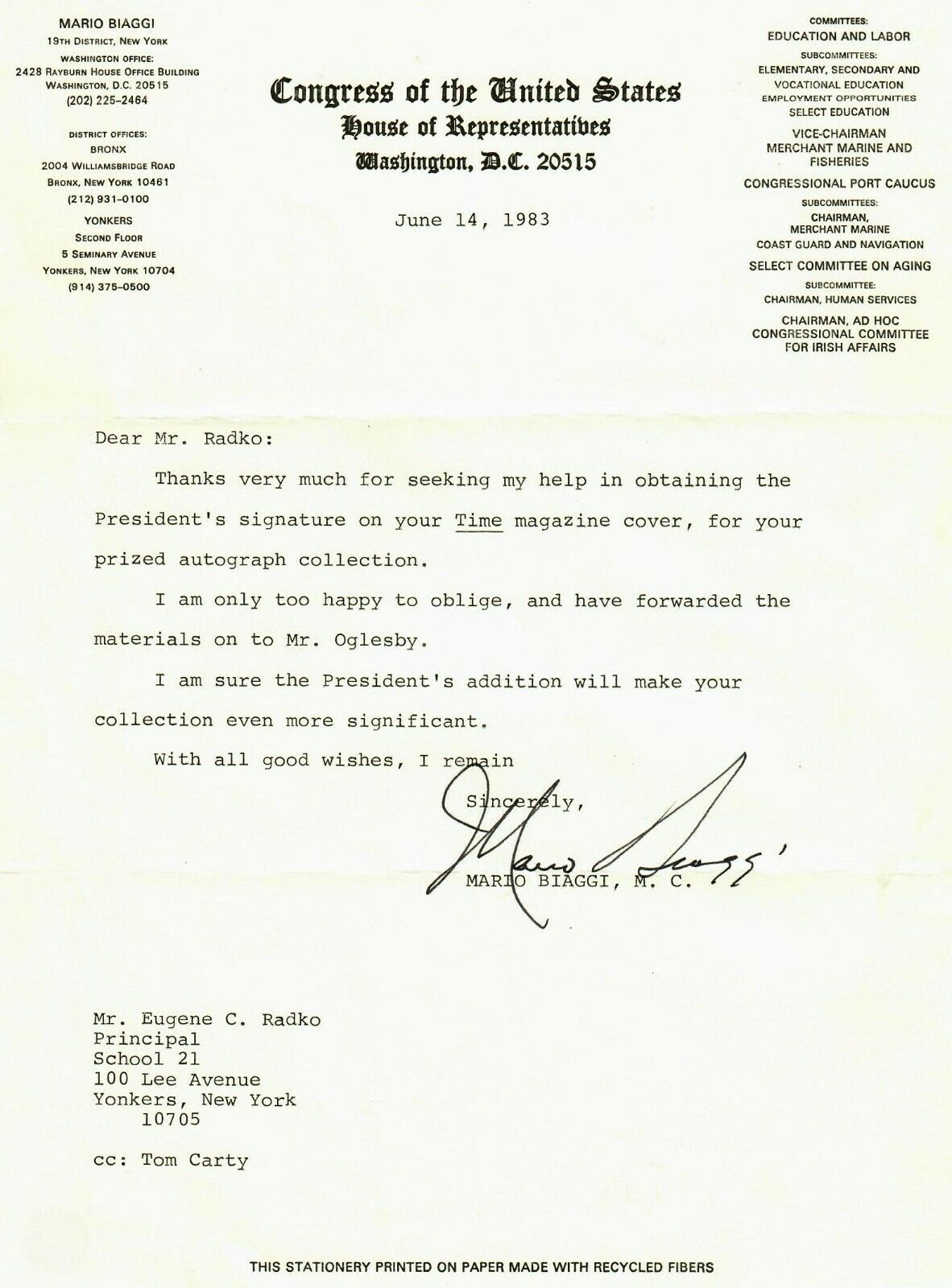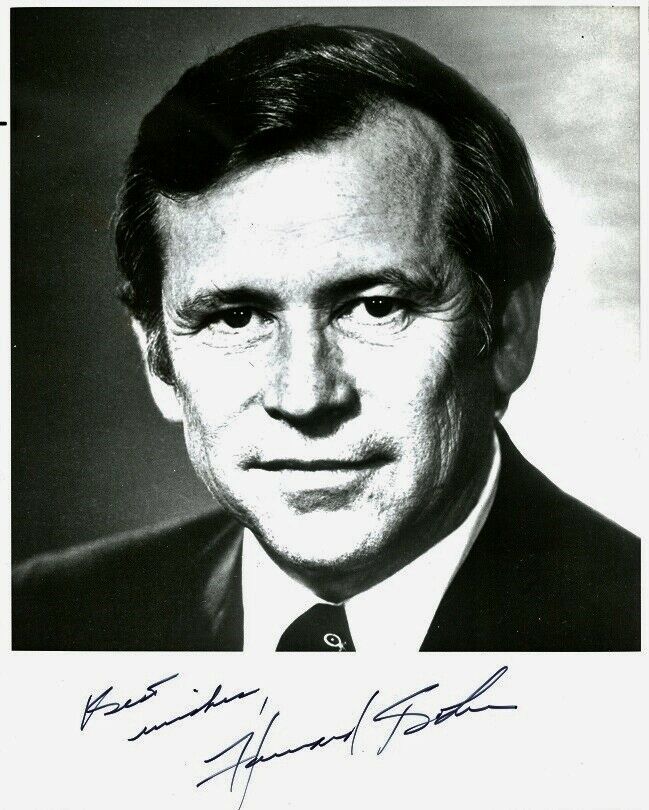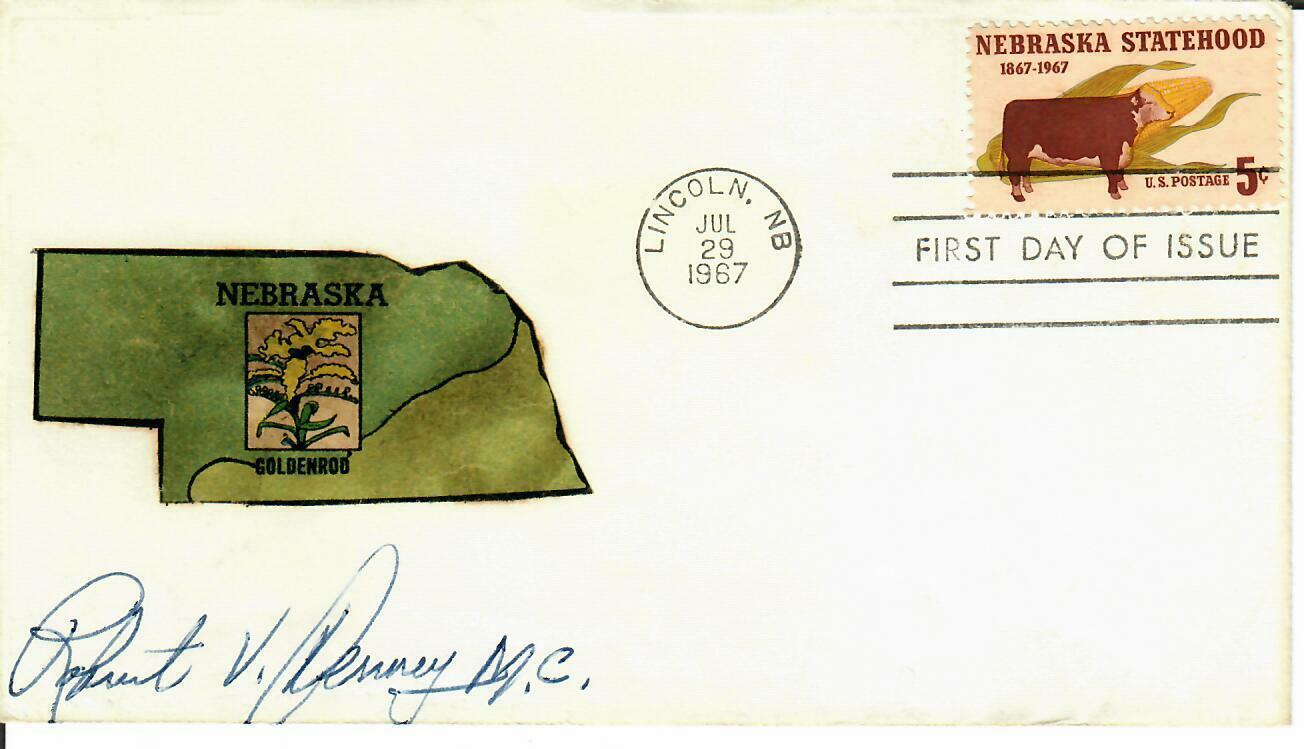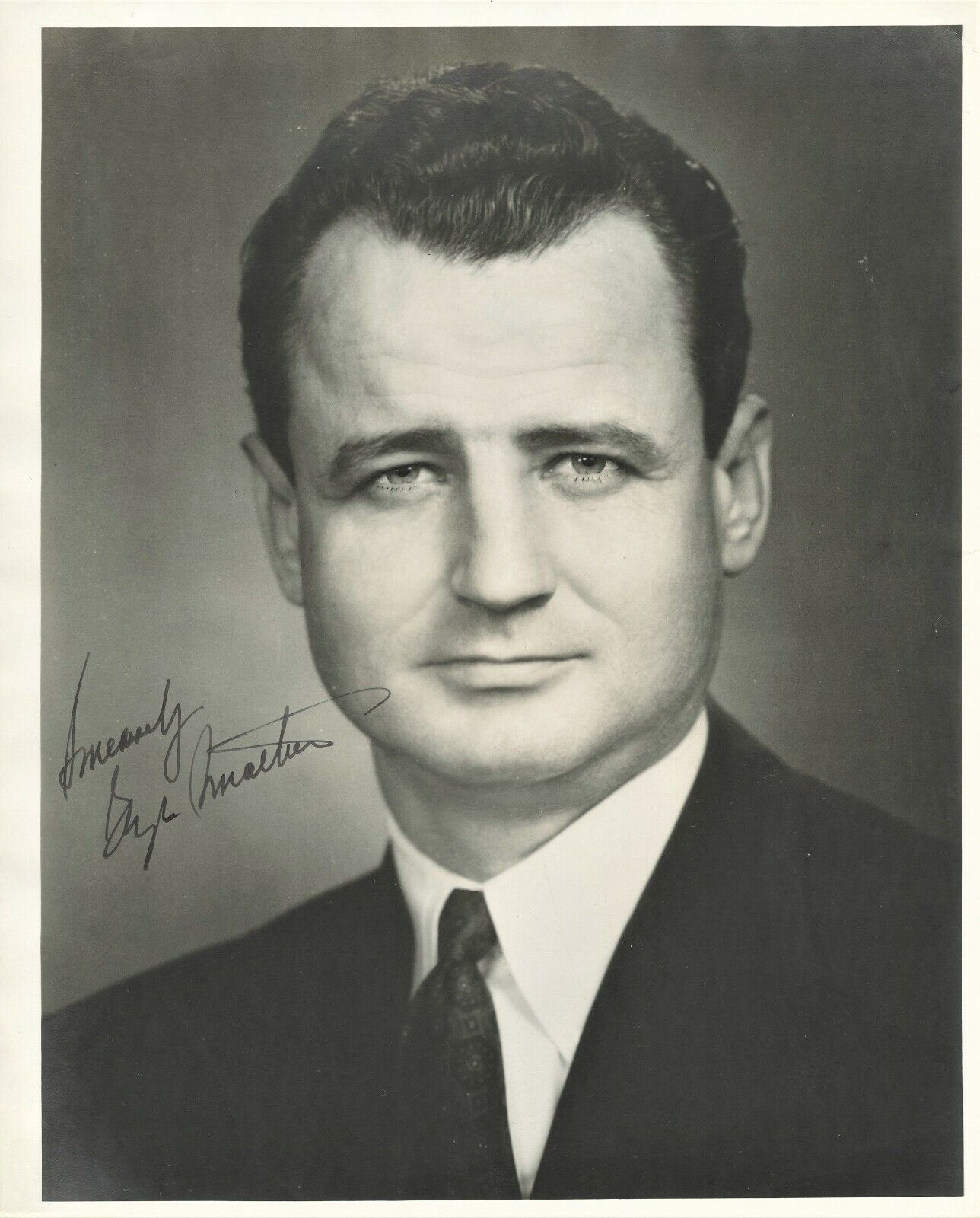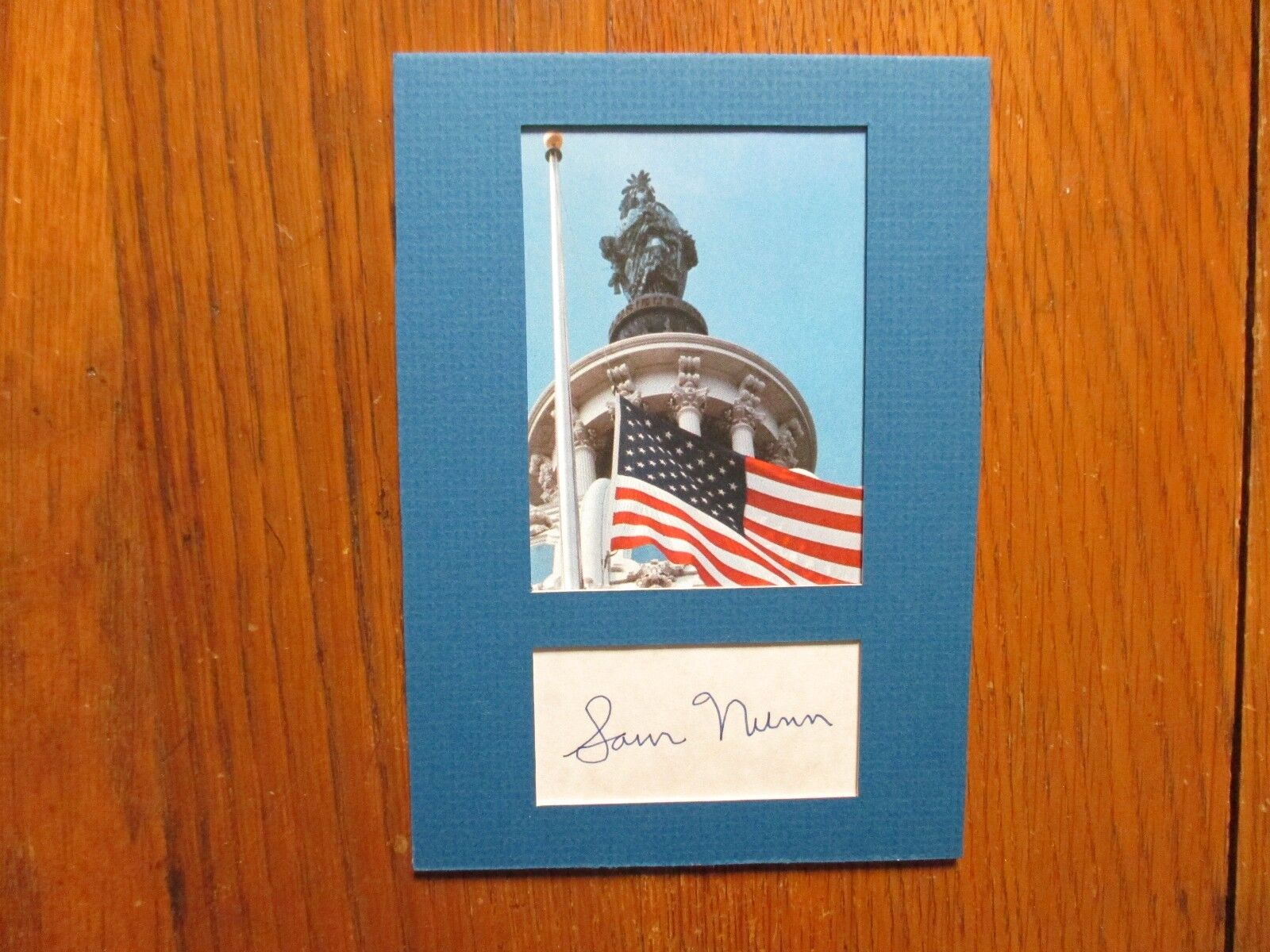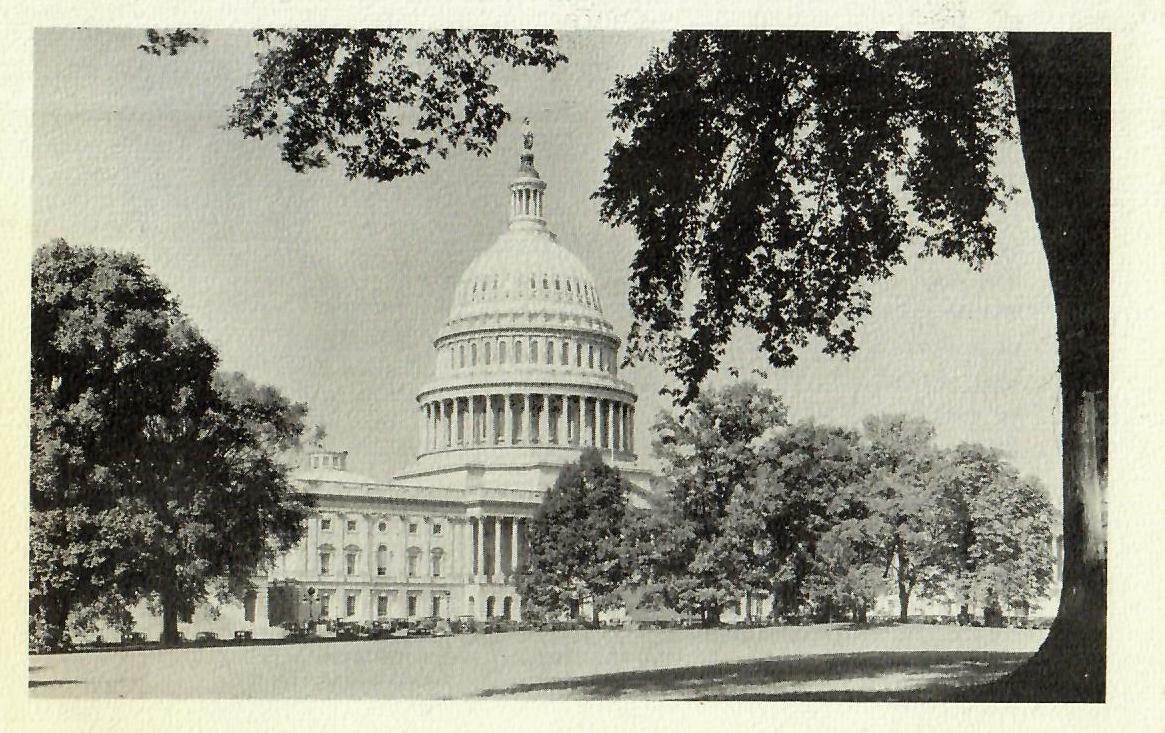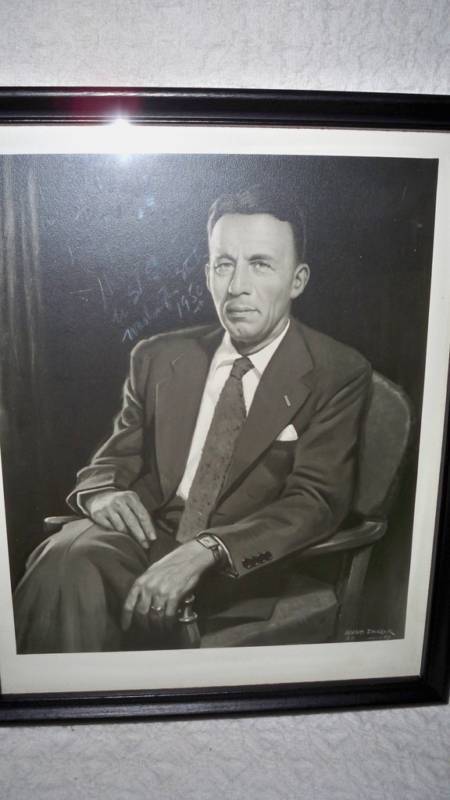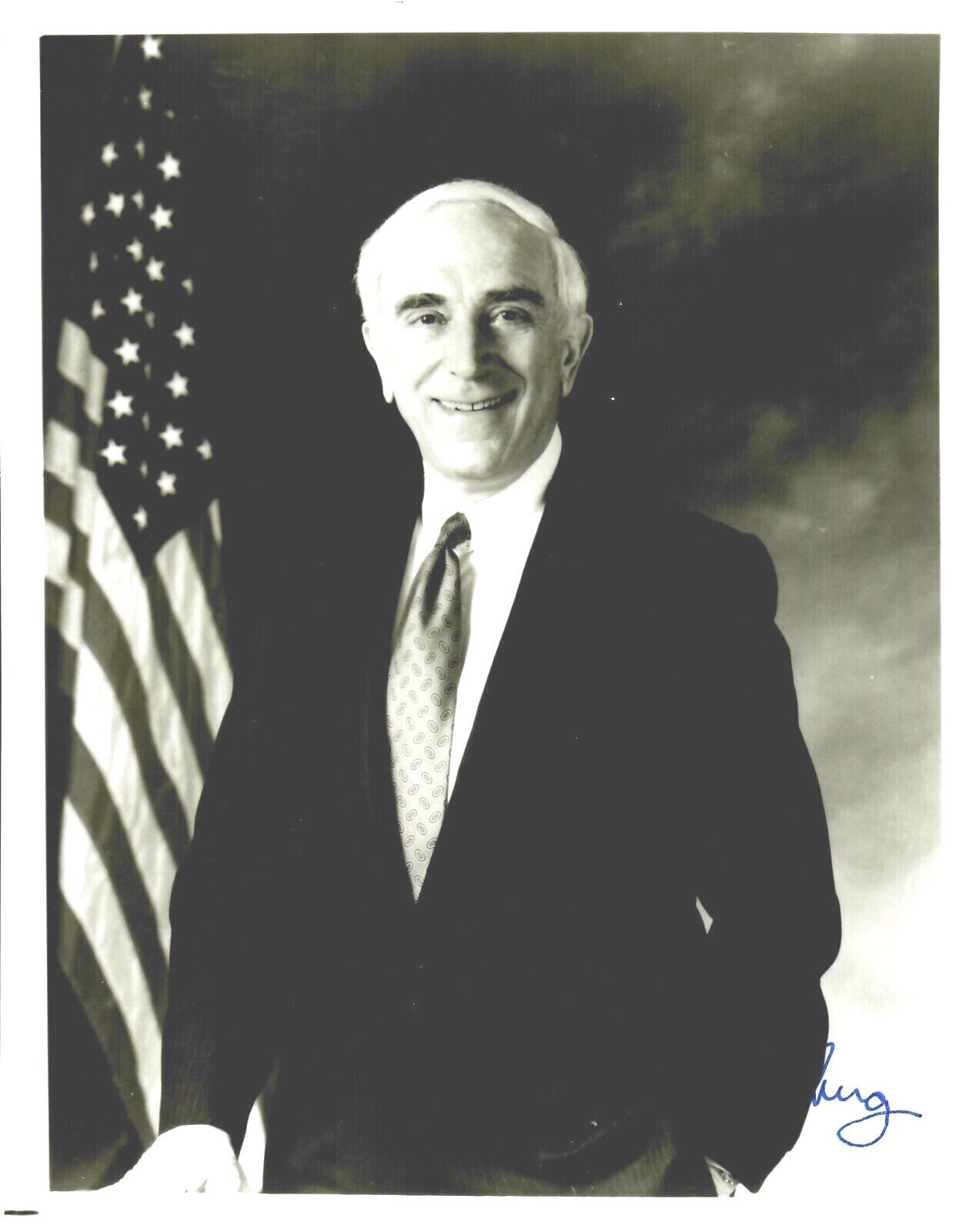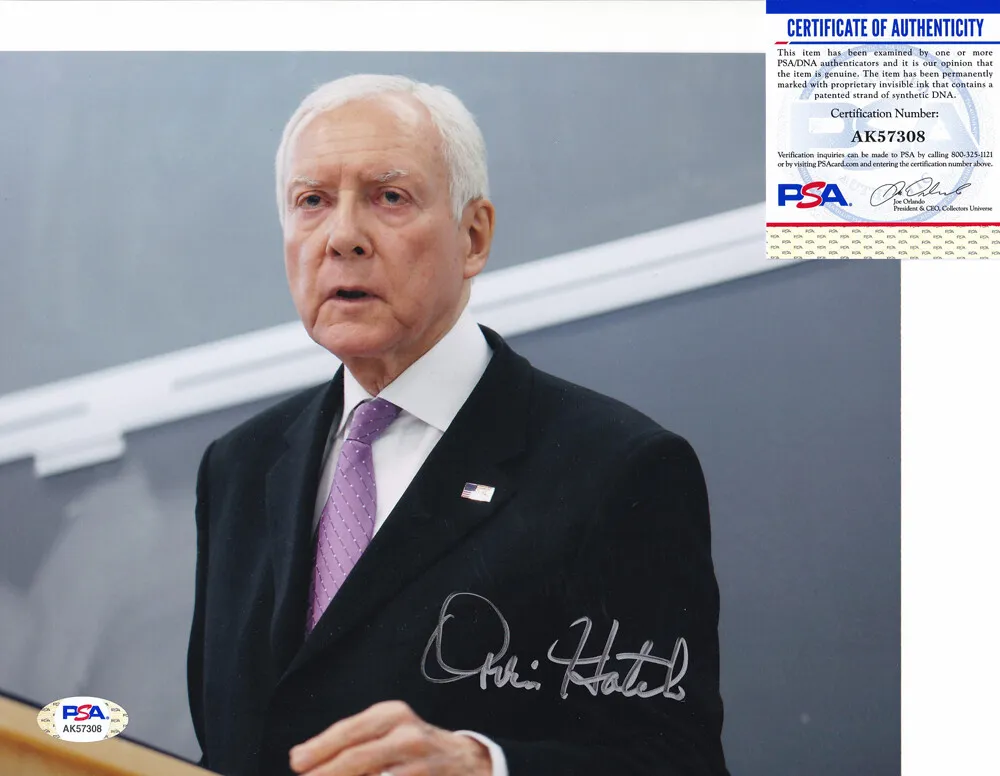-40%
"New York Congressman" Mario Biaggi Hand Signed TLS Dated 1983 Todd Mueller COA
$ 26.39
- Description
- Size Guide
Description
Up for auction"New York Congressman" Mario Biaggi Hand Signed TLS Dated 1983.
This item is authenticated By Todd Mueller Autographs and comes with their certificate of authenticity.
ES-6639E
Mario Biaggi
(October 26, 1917 – June 24, 2015) was an American politician who served as a member of the
United States House of Representatives
from
New York
between 1969 and 1988. Before his political life, Biaggi worked as a
New York City
police officer. He retired from the force as one of the most decorated officers in
New York Police Department
(NYPD) history after being injured 11 times in the line of duty. He was elected as a
Democrat
from
The Bronx
in New York City. In 1987 and 1988, he was convicted in two separate corruption trials, and he resigned from
Congress
in 1988.
Biaggi was born in
East Harlem
on October 26, 1917, to poor Italian immigrants from
Piacenza
in northern Italy. His father, Salvatore Biaggi, was a marble setter. His mother, Mary, worked as a
charwoman
. At age 18, Biaggi became a substitute letter carrier for the
U.S. Post Office
. Later, he became a regular letter carrier; his mail route included the home of one of his heroes, New York City Mayor
Fiorello La Guardia
. He served nearly six years with the Post Office and, in a preview of things to come, became an activist in Branch 36 of the National Letter Carriers Association. In 1942, Biaggi joined the NYPD. His police career spanned 23 years. He was wounded 11 times and received dozens of citations for valor, becoming one of the NYPD's most decorated officers. Among his many exploits was the rescue of a woman on a runaway horse, which injured him, causing a permanent limp. He retired from the Department in 1965, with the rank of
Detective Lieutenant
. At the age of 45 and near the end of his police career, Biaggi entered law school. The
American Bar Association
granted him a special dispensation to study law even though Biaggi did not have an undergraduate college degree.
Biaggi attended
New York Law School
, and received a full scholarship thanks to Dean
Daniel Gutman
. Studying days, nights and weekends, Biaggi completed the three-year law degree program in only two and one-half years. In 1966, at the age of 49, he was admitted to the New York Bar and founded the law firm Biaggi and Ehrlich. In 1968, the
24th District
seat in the U.S. House became open when 8-term Republican incumbent
Paul Fino
resigned to become a New York Supreme Court Justice. Biaggi ran as a Democrat, and won easily, with 60.5% of the vote in what had been a traditional Bronx Republican stronghold. He was easily re-elected in 1970. From 1972 onward, he was nominated by the Republicans as well, and was effectively unopposed. In 1968, 1970, and 1972, he also got the
Conservative
nomination, but this support ended after his abortive run for mayor in 1973. From 1978 onward he got the
Liberal
nomination.
[
In the redistricting after the
1970 census
, Biaggi's district was renumbered the
10th
, and included part of
Queens
. In the redistricting after the
1980 census
, his district was renumbered the
19th
, and included part of suburban
Westchester County
.
In 1975 Biaggi introduced a joint resolution of Congress,
Public Law 94-479
, to posthumously promote
George Washington
to the grade of
General of the Armies of the United States
and restore Washington's position as the highest-ranking military officer in U.S. history. This was passed on January 19, 1976, approved by President
Gerald Ford
on October 11, 1976, and formalized in Department of the Army
Order 31-3
of March 13, 1978, with an effective appointment date of July 4, 1976, the
United States Bicentennial
.
[
Biaggi was a leader in the effort to ban
"cop killer" bullets
.
